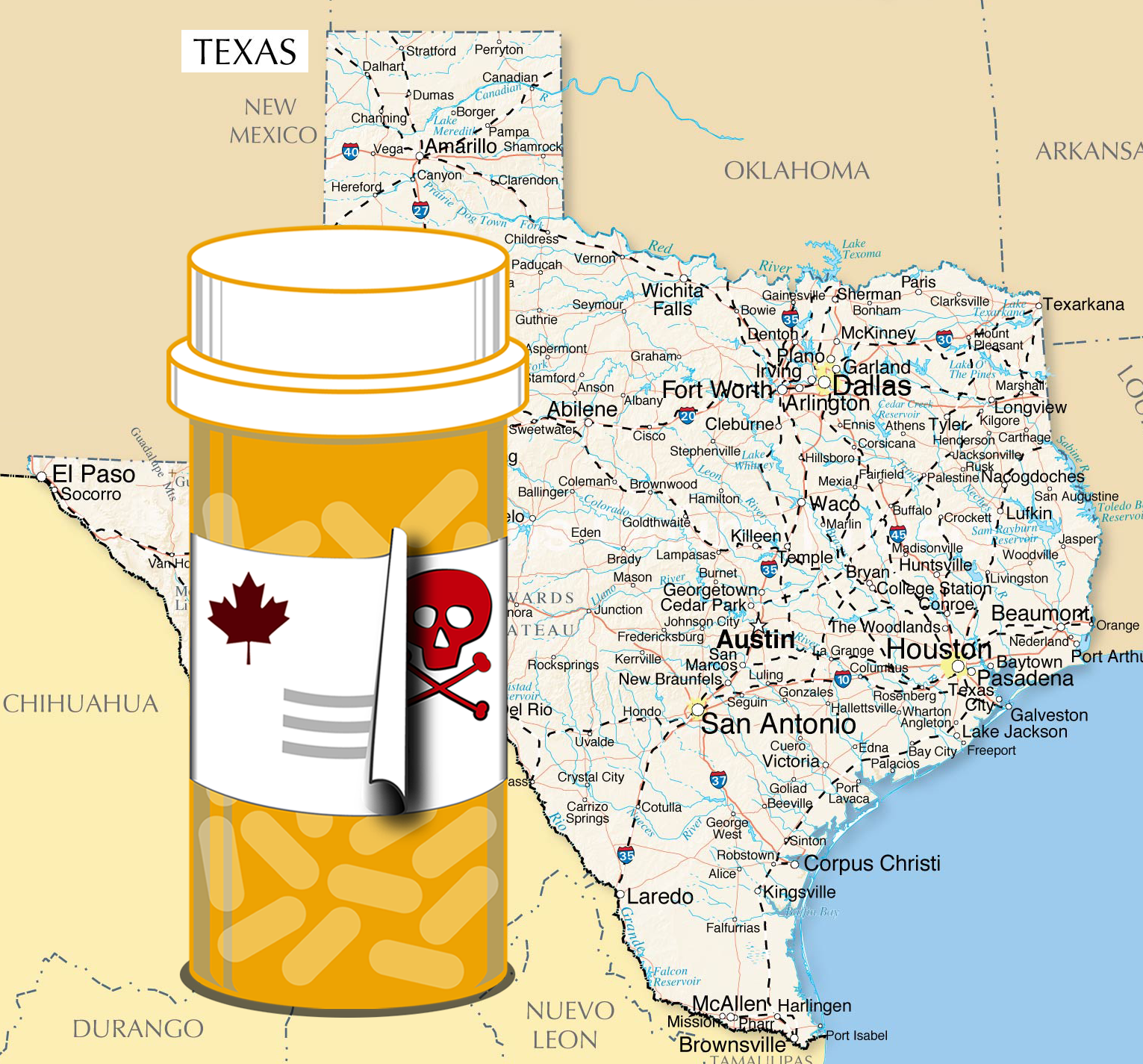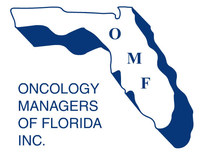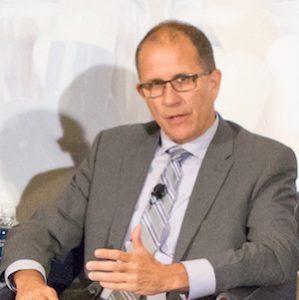Drug Importation in Texas: An Overview

Current status:
The Texas Legislature introduced House Bill 25, the Wholesale Prescription Drug Importation Act, in November 2022. PSM shared an analysis of the bill with the Texas House committee that you can read.
The bill which has been signed by the Governor, will require the executive commissioner of Texas's Health and Human Services Commission to take action to establish Canadian drug importation beginning in September 2023. The agency shared a report about the program in December 2023.
Synopsis / Media Contact
H.B. 25 requires Texas’ Health and Human Services Commission to design a program for bulk importing prescription medicines under 21 USC 384 of the U.S. Food, Drug, and Cosmetics Act, more commonly known as a Section 804 State Importation Program (SIP).
For over two decades these programs have proven to be impossible to build safely because:
- Canada refuses to release bulk medications to these programs and has taken steps to restrict U.S. access to their drug supply;
- Canada does not have a Track and Trace program;
- The cost of testing imported medication far outweighs the savings; and
- Medicaid programs already get medicine cheaper than Canadian provinces, reducing any potential savings.
This legislation has been pushed without concern for the consequences. As many states discovered during the pandemic trying to buy hard-to-find N95 masks, buying medical products that aren't readily available creates great risk of counterfeit products. PSM believes that the Texas legislature is forcing it's patients and pharmacists to take unacceptable risks with patient health and pharmacist liability by enacting this program without looking at the risks.
PSM Executive Director Shabbir Imber Safdar is available to do interviews to explain the risks of this program to media. Contact him through editors@safemedicines.org and specify your print deadline.
Official actions and statements
- December 1, 2023: Texas Health and Human Services submits its Wholesale Prescription Drug Importation Program Report to the governor and state legislature.
Planning documents
- HB 25: Text | Fiscal Note | Bill Analysis
Background / resources
Just learning about the Texas foreign drug importation proposal? Start with some of these resources that outline the safety issues.
PSM Materials:
Op-eds from the Experts
In this piece, which was published in the Inside Sources on April 22, 2019, Michael Graham reviews the case against drug importation: “As Scott Gottlieb said in 2016 before becoming President Trump’s FDA chief…’There are simply too many channels for fake drugs to enter any importation scheme to forgo some meaningful controls.’”
In this editorial, which was published in the Palm Beach Post on April 22, 2019, Michelle Flowers writes about Florida’s history of black market cancer treatments and the danger importation poses to patients. Flowers is president of the Oncology Managers of Florida.
In this editorial, which was published in The Santa Cruz Sentinel on April 18, 2019, business columnist Jeffrey Scharf argues that importation of prescription drugs is a plan that is too good to be true.
In this editorial by Terry Wilcox published in Inside Sources on April 18, 2019, Terry Wilcox, executive director of a patient advocacy organization advices federal and state representatives that allowing drug importation is not the right policy solution for America’s high prescription drug prices…
In this editorial, which was published in Colorado Politics on April 17, 2019, Don Bell, a 30-year veteran of Canadian law enforcement and border protection, warns that Canadian drug importation will open the U.S. to counterfeit medicine and exacerbate drug shortages in Canada.
The editorial board of the The Wall Street Journal published this editorial on April 15, 2019. In it, they write:
“The argument that drug importation threatens the integrity of the drug supply is often dismissed because pharmaceutical lobbyists make it. But keeping the drug supply free from contaminated or counterfeit products is not easy, and the World Health Organization has warned that 1 in 10 medical products in the developing world are phony. It isn’t clear who is liable if counterfeits are found in Florida, but you can bet it won’t be the politicians.”
In this editorial, which was published in The Gadsden Times on April 11, 2019, former FDA-OCI director George Karavetsos points out the real dangers of drug importation:
“Even today, Americans are being hurt and even dying because of counterfeit medications being imported into this country. Adding insult to injury, while some might point to Canada as being a safe source, counterfeit medications are transshipped through Canada from other countries in remote corners of the globe.”
This editorial by Dan Fucarino was published in Florida Politics on April 1, 2019. Mr Fucarino is the owner and a pharmacist at Carrollwood Compounding Center & Pharmacy.
“The monetary rewards of Canadian prescriptions are just not worth their safety risks,” he warns. “I urge Florida legislators to listen to health care experts on this issue rather than the understandable populist appeals and vote no on this dangerous legislation — and then get back to working on more productive ways to lower drug prices for Floridians. Thousands of Americans have been injured or killed by imported prescription drugs.”
In this March 28, 2019 editorial for the La Junta Tribune-Democrat, Maine pharmacist Amelia Arnold explains her state’s experience with drug importation: “It is a concept that makes big promises in terms of quality and cost savings that it cannot, and will not, deliver on for the people of Colorado.”
These dangerous drugs get trafficked into Colorado and present a clear and present danger to unsuspecting citizens, who can die from simply ingesting what they think are safe medications. Importing foreign drugs would open a loophole, which increases the chance these dangerous counterfeits enter America unbeknownst to us all.









